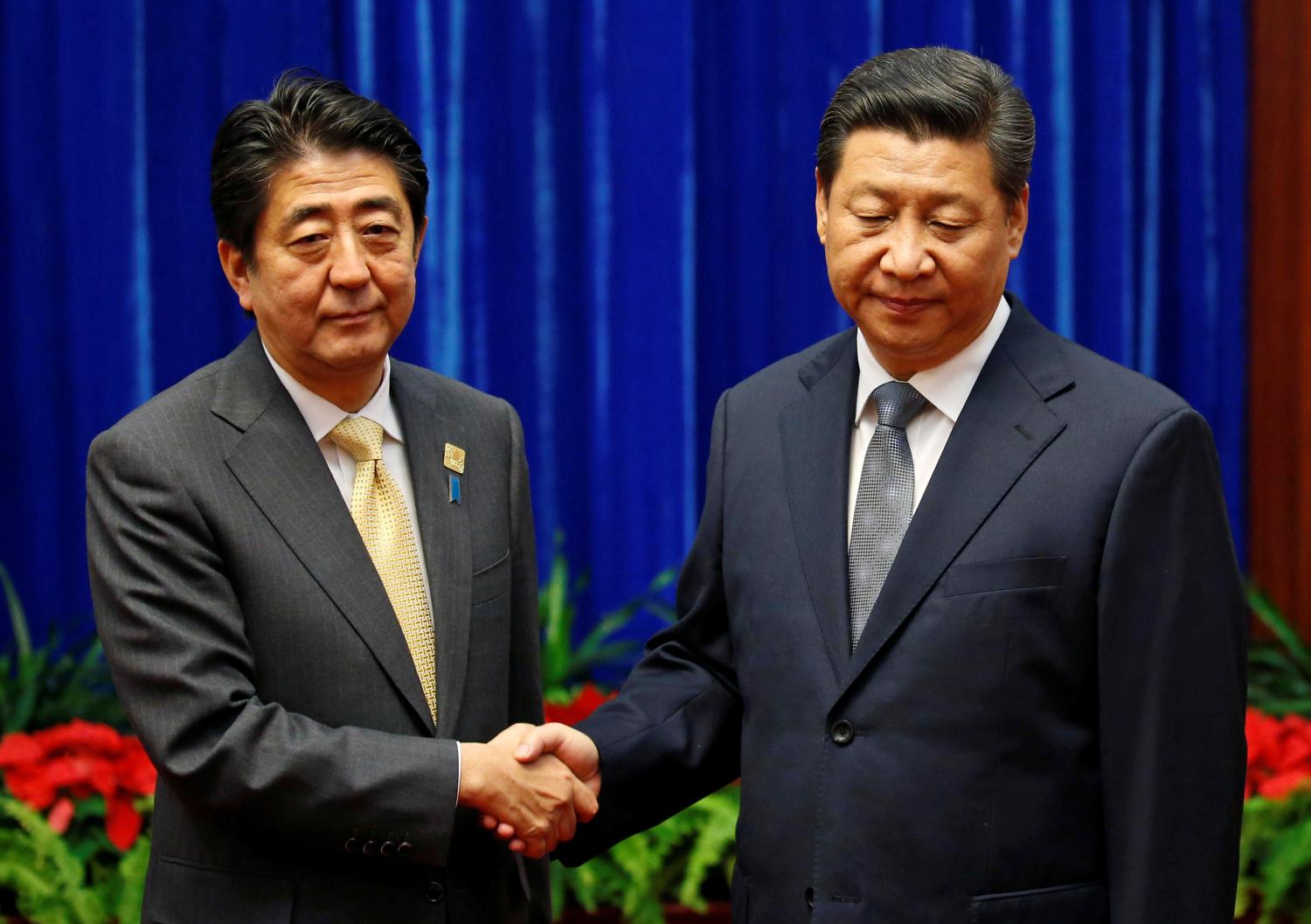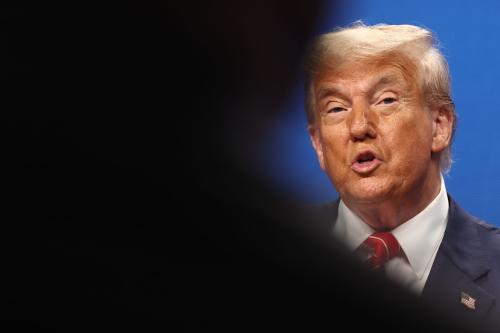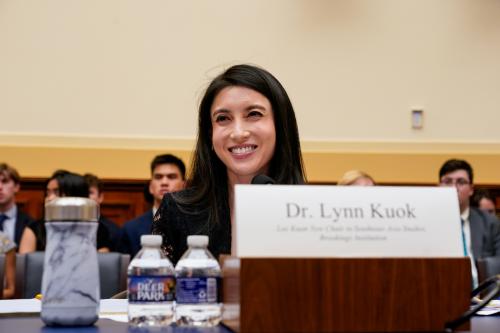The return of Hong Kong to Chinese rule captured the attention of the entire world. While most people conceded that the untried formula of “one country, two systems” was the best possible option for the people of Hong Kong, there were persistent doubts and anxiety about its viability and the sincerity of Beijing in honoring its promises. Whether or not the policy would work was definitely in the eye of the beholder.
Following the handover 1997, nothing disastrous happened, and as the saying goes, so far so good. Over the past few years, however, the overall picture has become much more complex, contradictory, and thought provoking. These complexities and contradictions illuminate the practical challenges facing “two systems” within “one country”—many of which could hardly have been foreseen before the handover. Unlike the pre-1997 jitters that mostly stemmed from communist-phobia and fears of the unknown, post-handover concerns dwell on such issues as civil liberties and rule-of-law. To examine these questions, this paper will revisit Beijing’s basic policies towards Hong Kong, analyze major events and their implications since the handover, as well as draw conclusions and make recommendations. In revealing increasing complexities of post-handover political life in Hong Kong, the paper suggests a realistic rethinking of key concepts and policies, improving political consensus-building, and taking a proactive approach to reach more positive-sum solutions for China, Hong Kong, and the international community.
The Brookings Institution is committed to quality, independence, and impact.
We are supported by a diverse array of funders. In line with our values and policies, each Brookings publication represents the sole views of its author(s).



